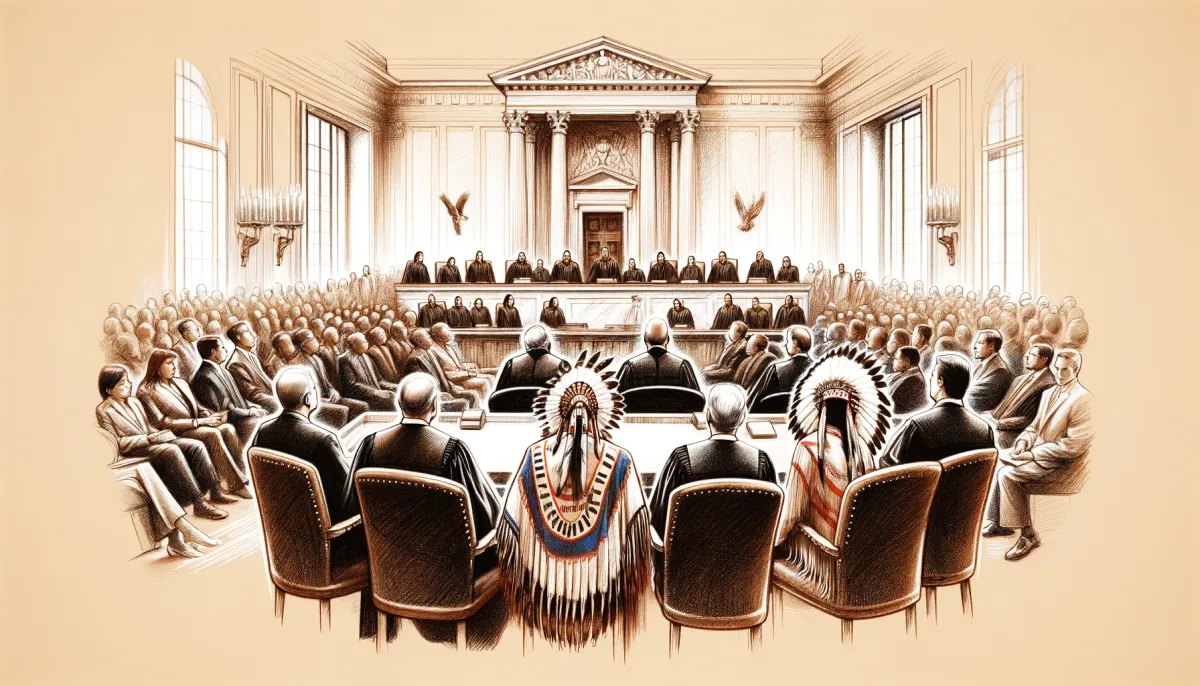Case Digest on Lac du Flambeau Band of Lake Superior Chippewa Indians et al. v. Coughlin

The Supreme Court held that the Bankruptcy Code unequivocally abrogates the sovereign immunity of all governments, including federally recognized Indian tribes, in the context of bankruptcy proceedings.
Introduction:
This case examines the extent to which federal bankruptcy laws apply to Indian tribes, specifically in the context of sovereign immunity and the ability of individuals to seek redress for violations of the automatic stay in bankruptcy.
Facts of the Case:
The Lac du Flambeau Band of Lake Superior Chippewa Indians' business, Lendgreen, extended a payday loan to Brian Coughlin. Despite Coughlin's bankruptcy filing, which triggered an automatic stay, Lendgreen continued collection efforts. Coughlin sought to enforce the stay and recover damages in Bankruptcy Court, which was initially dismissed on grounds of tribal sovereign immunity.
Issue of the Case:
Whether the Bankruptcy Code's abrogation of sovereign immunity extends to federally recognized Indian tribes.
Ruling of the Case:
The Supreme Court found that the Bankruptcy Code's provisions clearly abrogate the sovereign immunity of all governmental units, including Indian tribes, allowing for the enforcement of bankruptcy laws against them.
Impact on the Legal System:
This decision clarifies the applicability of federal bankruptcy laws to Indian tribes, ensuring that individuals can seek enforcement of bankruptcy protections against tribes acting as creditors.
Conclusion:
The Supreme Court's ruling in this case affirms the broad reach of federal bankruptcy laws and their applicability to Indian tribes, reinforcing the principle that sovereign immunity does not shield tribes from bankruptcy proceedings.

